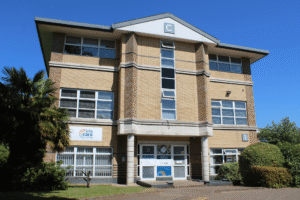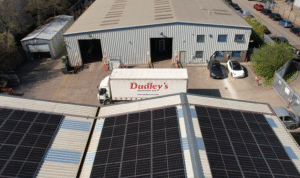Neath Port Talbot Council’s 2023/24 budget proposals recommended for public consultation

People are being asked for their views on a proposed Neath Port Talbot Council budget for 2023/24 which is focused on protecting hundreds of vital services and safeguarding jobs.
The council’s Cabinet will be asked for permission to consult on the proposals at its meeting on Thursday, January 19th.
Although the provisional settlement from the Welsh Government last month was welcomed because it was better than expected, the council is still left with a huge 2023/24 funding gap of £23,867 million.
The proposed budget has been drawn up against a background of the Ukraine War, the Covid pandemic and Brexit. The combined impact of these has made the financial pressures for the council, some of the most, if not the most, challenging it has ever faced, just as it has been for businesses and local households. For example:
- Energy prices and energy security – we estimate energy costs for the council to rise by 162% in 2023/24 (approx. £8 million).
- Inflation has already reached levels not seen since the 1980s – affecting contract and other costs, as well as contributing to a cost of living crisis across all of our communities.
- The UK Government has increased the National Living Wage by 10% and is set to increase it by a similar figure in 2023-24.
- Ongoing supply chain disruptions are adding to cost pressures.
- Income levels have been affected by the pandemic, with many residents having made significant changes to their lifestyles – this is particularly affecting theatres, car parks and leisure services where the number of paying customers is yet to return to pre-pandemic levels.
- The labour market is far more competitive with post-pandemic unemployment rates at very low levels and more employers seeking to fill jobs than there are people looking for work. This is placing pressure on recruitment and retention with consequential implications for pay and our wider employment offer.
- On a positive note, the county borough is also seeing an unprecedented level of investor interest from existing and new investors. Whilst very welcome, this is placing considerable pressure on Planning, Economic Development and other regulatory services.
A raft of savings measures including a reduction in council buildings, better use of technology and many other efficiencies which are listed in the council’s budget proposals (add link here when papers go live) have been put in place to help close the funding gap.
Also, it is proposed to use £4.9m from council reserves to underpin the coming financial year’s budget.
And a rise in Council Tax, which would mean residents on Band A to C (the vast majority in Neath Port Talbot) would pay between 96p and £1.28p per week extra for their essential services, is being proposed. A significant slice of Council Tax – which provides around a quarter of the council’s finances with the rest coming from Government funding – is paid as a contribution to the Fire Service and will also enable the council to keep indoor leisure services operating, protecting some 400 jobs.
Among the many essential services provided by the council is economic development including inward investment – something the council excels in – having attracted the 1,000-job, £300m, Wildfox Resort in the Afan Valley, the £250m GCRE rail testing centre in Onllwyn creating hundreds of quality jobs and being involved in the Celtic Freeport bid, which if successful promises 16,000 new, green jobs and £5.5bn of investment.
The proposed budget would also support some of our most vulnerable learners to deliver specialist places in purpose built facilities to improve their education and wellbeing. Significant extra demand for these specialist places has grown since Covid.
Cllr Simon Knoyle, Cabinet Member for Finance, Performance and Social Justice, said: “We are keenly aware the cost of living crisis is impacting heavily on our residents.
“But, like councils across the UK, we’re facing a series of extraordinary pressures, fuelled by the cost-of-living crisis, the energy crisis and the lasting impact of Brexit (supply chain pressures) and Covid-19.
“This means every service we provide such as educating around 20,000 children in more than 60 schools, providing social services for older people, protecting young people and children and things like keeping leisure centres and pools open are unfortunately costing much more.
“If consultation on these proposals is approved, we would urge as many of our residents as possible to take part.”
Consultation on the proposals, if approved by Cabinet, will run from January 19th to February 10th. There will be a number of ways to give feedback including:
- An online questionnaire on our website npt.gov.uk/LetsTalk
- Paper questionnaires in public buildings covering locations in12 Neath Port Talbot towns and valleys.
- By email to LetsTalk@npt.gov.uk
- By letter to Let’s Talk Budget, Civic Centre, Port Talbot SA13 1PJ.
Final decisions on the budget will be made by the Cabinet and full council in March this year after taking into account people’s views on the proposals.




